Diablo 4’s open Beta is almost upon us, and it’s time we dive deep into all the five classes and help you determine which one is the best for you. Each class offers unique playstyles, different strengths and weaknesses, which we will explore in greater detail in this article. While this guide is aimed at beta players, the general information will be usable from launch onwards too.
Rogue
The Rogue is a versatile and highly mobile warrior who can specialize in both melee and ranged combat. The class’s unique weapon imbue mechanic allows Rogues to buff their attacks with Shadow, Poison, or Cold effects, combined with powerful combo tags that augment their arsenal. Rogues have access to an extra weapon slot, allowing them to equip bows and crossbows for added versatility in combat.
Rogues have three Talent specializations: Combo Points, Inner Sight, and Preparation, which are unlocked via class-specific quests at levels 7, 20, and 30. Combo Points enables basic skills to generate combo points, which can then be consumed by core skills for additional effects. Inner Sight is a powerful specialization, as it places a mark on a random enemy and attacking marked enemies fills the Inner Sight gauge. When filled, it grants 4 seconds of unlimited energy to spam your strongest attacks.
As for attributes, Rogues should focus on Dexterity for increased skill damage and chance to dodge, Strength for improved resource generation and armor, and Intelligence for extra Critical Strike chance and buff to all resistances.
Sorcerer
The Sorcerer (or Sorceress) is a high-risk, high-reward class that draws power from elemental magic, casting powerful fire, cold, and lightning spells at the cost of being more fragile. However, spells like Fire and Ice armor, Deep Freeze, and extensive access to crowd control mechanics compensate for their fragility.
Sorcerers have a unique class mechanic called the Enchantment system, which allows them to sacrifice active skills for passive secondary effects. This class focuses on Intelligence for increased skill damage and buff to all resistances, Willpower for increased Mana generation, overpowered damage, and healing, and some Dexterity for extra Critical Strike chance and chance to dodge incoming attacks.

Barbarian
The Barbarian is a brutal and intimidating warrior with unparalleled strength, expertly wielding an entire arsenal of weapons in combat. Barbarians can choose between the Warlord, which focuses on defenses, party-wide buffs, crowd control mechanics, and access to bleed mechanics, or the Berserker, which focuses on reckless offense and self-buffs.
The unique class mechanic for Barbarians is the Arsenal system and weapon expertise. Barbarians have access to four weapon slots and gain bonus effects based on how much they have leveled up each weapon type. As a Barbarian, you should focus on Strength for skill damage and extra armor, Willpower for increased resource generation, overpowered damage, and healing, and Dexterity for extra Critical Strike and chance to dodge incoming attacks.
Necromancer
The Necromancer is the summoner class of Diablo 4, conjuring vengeful hordes of the undead, commanding them in battle via the power of essence, and sacrificing them when needed for powerful buffs. Necromancers can focus on Blood Magic, Vulnerabilities, or Shadow spells.
The Necromancer’s unique class mechanic is the Book of the Dead, which provides access to three customizable summons: Skeletal Warriors, Skeletal Mages, and the Golem. Each summon has up to 5 specializations and unique upgrades that allow them to fit different roles in combat. In terms of attributes, Necromancers should focus on Intelligence for increased skill damage and buff to all resistances, Willpower for increased Mana generation, overpowered damage, and healing, and some Dexterity for extra Critical Strike chance and chance to dodge incoming attacks.
Druid
The Druid is a shape-shifter and master of nature, harnessing the elements and transforming into animal forms to adapt to various situations. The Druid can specialize in Elemental Magic, summoning storm and earth powers to deal damage and control the battlefield, or focus on Spirit Magic, providing healing and support to their allies. They can also choose to specialize in shapeshifting, becoming powerful wolves or mighty bears for close-quarters combat.
Druid’s unique class mechanic is the Spirit Bond system, which allows them to summon and bond with various spirit animals that grant bonuses to their abilities. They also have access to the Shape-shifting mechanic, which enables them to transform into powerful animal forms, each with unique abilities.
For attributes, Druids should focus on Intelligence for increased skill damage and buff to all resistances, Willpower for increased Mana generation, overpowered damage, and healing, and some Strength for improved resource generation and armor.
Wrapping up
In conclusion, each class in Diablo 4 offers its own unique playstyle and mechanics that cater to different player preferences. The Rogue is a versatile class with both melee and ranged capabilities, the Sorcerer is a powerful elemental spellcaster, the Barbarian is a brutal and resilient warrior, the Necromancer is the master of the undead, and the Druid is a shape-shifter who commands the forces of nature.
To choose the best class for you, consider your preferred playstyle, the complexity of the class mechanics, and the potential synergy with other players in a team. Diablo 4’s open beta will provide a fantastic opportunity to test out each of these classes and find the one that best suits your preferences. Remember that Diablo 4 is designed for cooperative play, so don’t be afraid to experiment with different classes and combinations to find the perfect fit for your party.




